May her noble act one day help eliminate a rare genetic disease that occurs in one out of every 6,000 pregnancies.
Even my mom practices tighter internet security than what appeared to be North Korea’s version of Facebook.
Our reporter goes undercover to see what happens when you voluntarily give your information and credit card info to Facebook spammers.
Even haters of Facebook’s new “reactions” may reconsider after seeing all of the fun modifications you can make with this new browser extension.
Like them or loathe them, social networking services, or SNS for short, have become an integral part of our daily lives and society as a whole. While Facebook, Twitter and Naver Corporation’s Line offer very different experiences, most users will agree that without them, they’d feel lost, or at least have a sudden and unexpected amount of free time on their hands.
Recently, a survey was conducted in Japan which asked respondents about the services they used, asking them which they turned to most often, which they were most careful about using and sharing information on, and which they’d hate to be without. Join us for a peek at the results after the jump.
It’s no secret that Facebook is having a little bit of trouble in Japan. A recent survey by Aun Consulting showed a drastic decline of almost 11 percent from September 2012 to January this year. But why are Japanese users quitting the incredibly popular global social networking site? Apparently, between all of the selfies showing off your perfect girlfriend, photo albums of that weekend trip to Tahiti and updates on your amazing job, some users are developing an inferiority complex about their lonely, boring and unsatisfying lives.
Recently, a number of Japanese college students irked their universities when posts about their rule-skirting shenanigans showed up on everyone’s favorite social network for immortalizing bad decisions, Facebook.
But underage drinking is almost universally accepted in Japan, and colleges here lack the animal mascots that are prime kidnapping targets in American institutions of higher learning. Just what kind of shameful, inappropriate behavior had these kids been up to?
They’d been getting job offers from A-list companies.
Mmmm, a frosty cold glass bottle of Coca Cola on a summer’s day. The cool, solid feeling of the glass as you raise it to your lips, the satisfying heft of the bottle in your hand. What could be better? A plastic bottle? I don’t think so.
A special limited edition glass bottle is now available in Japan in select supermarkets. The announcement was posted up on Coca-Cola Japan’s Facebook page on 24 July, along with the above picture. Other than on Facebook, the glass bottles weren’t especially publicized or promoted. However, they soon gained more than 10,000 likes. Why do people in Japan seem to crave Coke in a glass bottle so much?
With over a billion registered users worldwide, Facebook is the king of online social networking services. In Japan, however, there are signs that its dominance is starting to crumble.
Facebook launched a Japanese version of its website in 2008. Initially, the platform experienced sluggish user growth as it struggled to compete with already established Japanese SNS sites produced by the likes of mixi, Mobage, and GREE. However, after well-known companies in Japan began to use Facebook as a marketing tool, it caught on with the general public and by the end of 2012 had 17.12 million users.
A mere five months later, however, that number has dropped to 13.78 million, a 19.5 percent drop in less than half a year.
Do you have an active Facebook account with more than 10 friends, a filled-in profile with both profile and cover photos? If so, have we got an opportunity for you!
In a story currently making the rounds among Japanese Twitter users, it seems that SoftBank (the cellphone carrier that recently made a bid to buy Sprint in the U.S.) was seeking “Likes” on Facebook, and didn’t mind paying for them.
Read More
In a recent visit to Yangon, Myanmar’s largest city, we made a rather interest discovery; it would appear Facebook was trying to muscle in on the hot Southeast Asian clothing market.
Even after closer inspection, however, we were unable to determine whether or not Zuckerburg and crew were in fact the backers behind this chic apparel retailer.
Facebook, possibly in an attempt to outpace Asia’s reigning chat program king LINE, updated their iOS Facebook Chat program on April 17, adding “stickers” that can be used in chat conversations much like LINE’s “stamps” (also called “stickers” in English language versions).
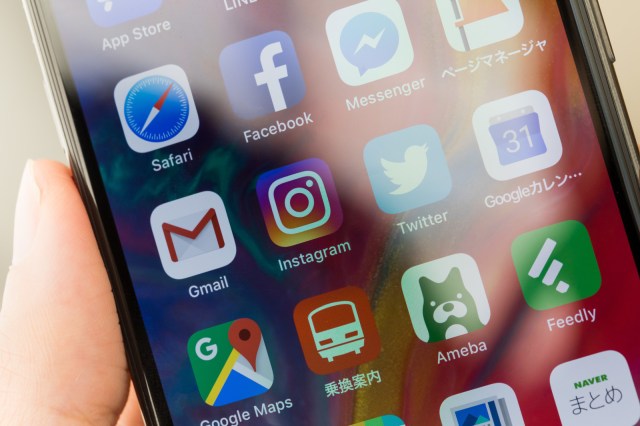
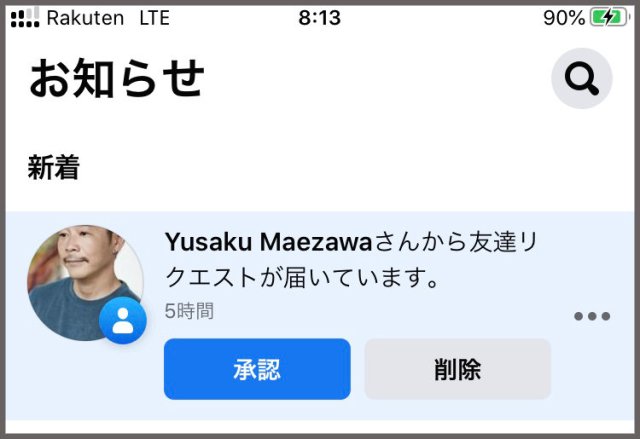
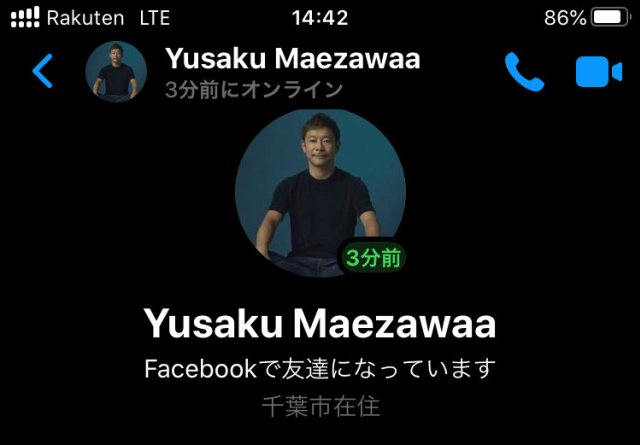
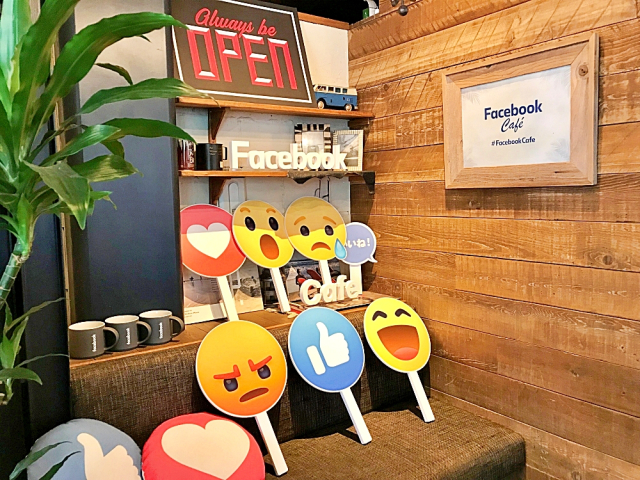



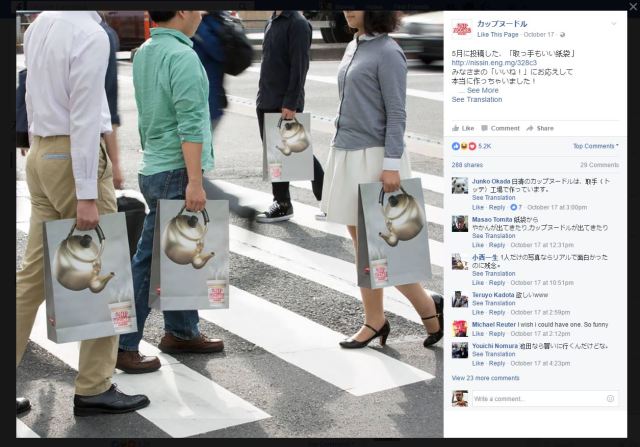
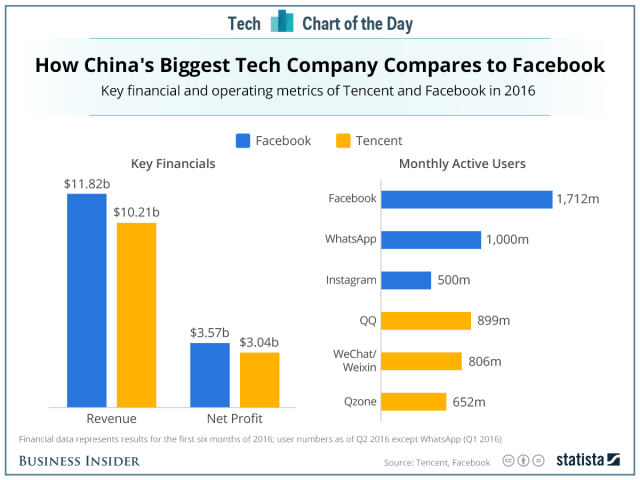
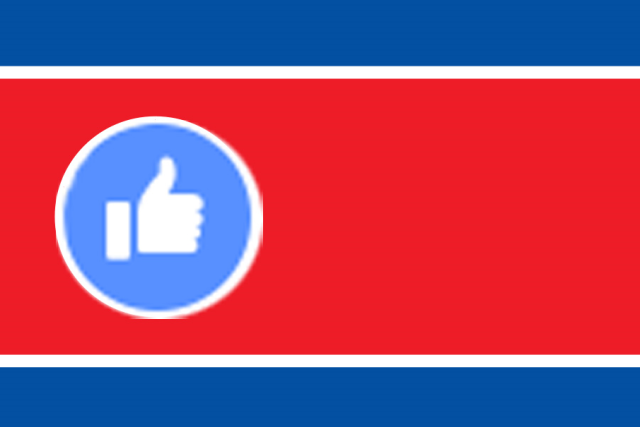
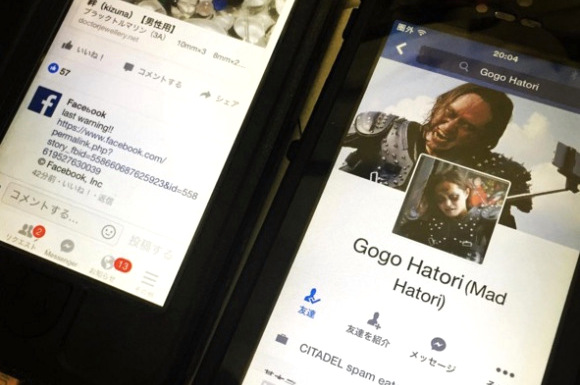
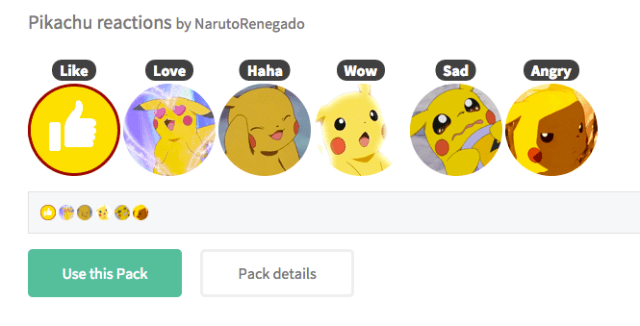
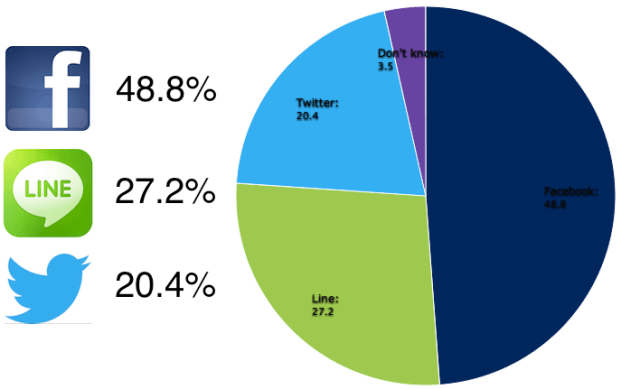
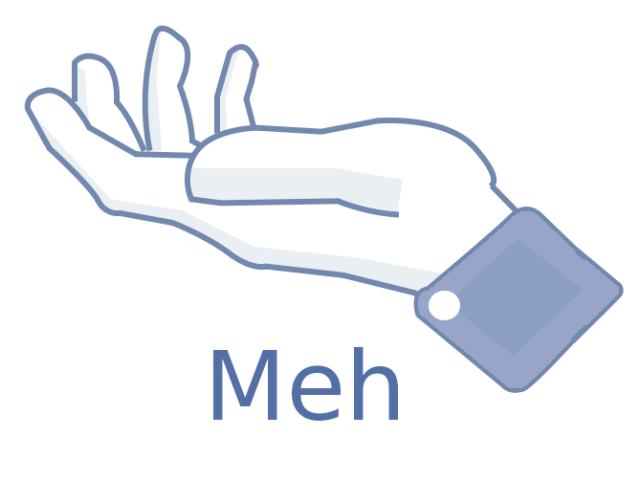
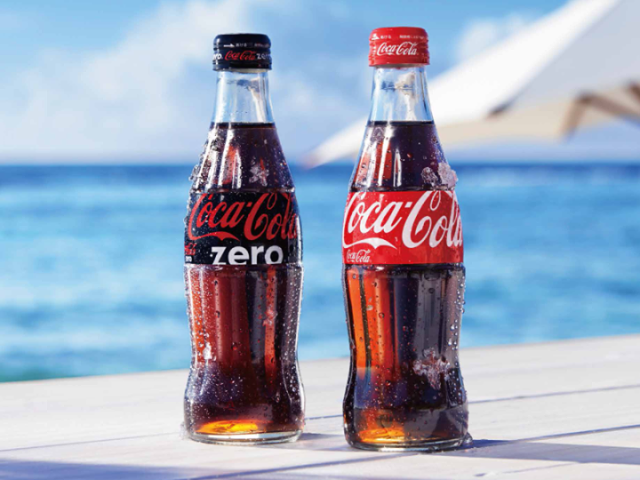
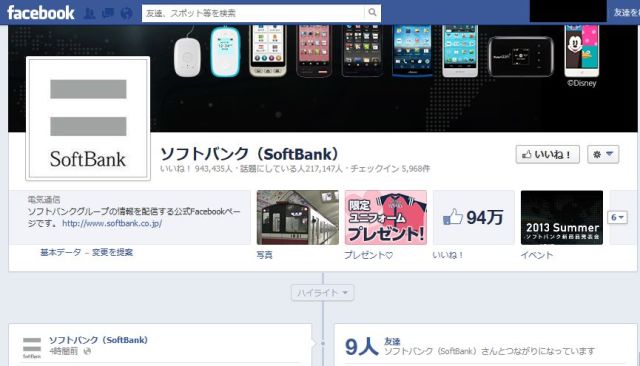
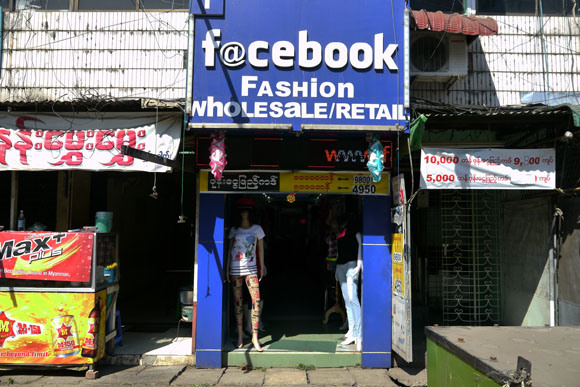
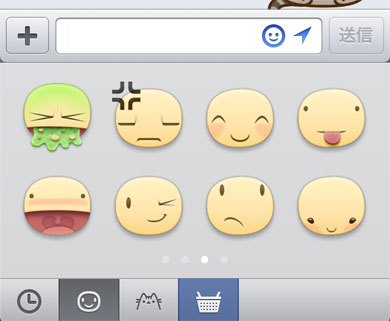
 Viral Japanese cheesecake from Osaka has a lesser known rival called Aunt Wanda
Viral Japanese cheesecake from Osaka has a lesser known rival called Aunt Wanda Lawson adds doughnuts to its convenience store sweets range, but are they good enough to go viral?
Lawson adds doughnuts to its convenience store sweets range, but are they good enough to go viral? Drift ice in Japan is a disappearing winter miracle you need to see now
Drift ice in Japan is a disappearing winter miracle you need to see now Cherry blossom mochi lattes arrive at Japan’s Pronto cafe chain to start sakura sweets season
Cherry blossom mochi lattes arrive at Japan’s Pronto cafe chain to start sakura sweets season Tokyo has a brand new Harry Potter shop with its own butterbeer bar – Let’s see what’s inside【Pics】
Tokyo has a brand new Harry Potter shop with its own butterbeer bar – Let’s see what’s inside【Pics】 Is a snow day the perfect day to beat the crowds at a popular ramen restaurant? [Experiment]
Is a snow day the perfect day to beat the crowds at a popular ramen restaurant? [Experiment] Japan’s hardest frozen treat is secretly an ingredient to make great hot dessert drinks【Recipe】
Japan’s hardest frozen treat is secretly an ingredient to make great hot dessert drinks【Recipe】 The best Hobonichi diaries, covers and stationery for 2026
The best Hobonichi diaries, covers and stationery for 2026 What’s inside Starbucks Japan’s fukubukuro lucky bag for 2026?
What’s inside Starbucks Japan’s fukubukuro lucky bag for 2026? Himeji Castle gets first official Lego set, Zen block garden kit on the way too【Photos】
Himeji Castle gets first official Lego set, Zen block garden kit on the way too【Photos】 Starbucks Japan releases first-ever Hinamatsuri Girls’ Day Frappuccino
Starbucks Japan releases first-ever Hinamatsuri Girls’ Day Frappuccino Japanese restaurant chain serves Dragon Ball donuts and Senzu Beans this spring
Japanese restaurant chain serves Dragon Ball donuts and Senzu Beans this spring Highest Starbucks in Japan set to open this spring in the Tokyo sky
Highest Starbucks in Japan set to open this spring in the Tokyo sky Japan Extreme Budget Travel! A trip from Tokyo to Izumo for just 30,000 yen [Part 1]
Japan Extreme Budget Travel! A trip from Tokyo to Izumo for just 30,000 yen [Part 1] Japan has only one airport named after a samurai, so let’s check out Kochi Ryoma【Photos】
Japan has only one airport named after a samurai, so let’s check out Kochi Ryoma【Photos】 Japan Extreme Budget Travel! A trip from Tokyo to Izumo for just 30,000 yen [Part 2]
Japan Extreme Budget Travel! A trip from Tokyo to Izumo for just 30,000 yen [Part 2] Japan’s craziest burger chain takes menchi katsu to new extreme levels
Japan’s craziest burger chain takes menchi katsu to new extreme levels Japanese drugstore sells onigiri at pre-stupid era prices, but how do they compare to 7-Eleven?
Japanese drugstore sells onigiri at pre-stupid era prices, but how do they compare to 7-Eleven? Yakuzen ramen restaurant in Tokyo is very different to a yakuza ramen restaurant
Yakuzen ramen restaurant in Tokyo is very different to a yakuza ramen restaurant Tokyo Skytree turns pink for the cherry blossom season
Tokyo Skytree turns pink for the cherry blossom season Japan’s newest Shinkansen has no seats…or passengers [Video]
Japan’s newest Shinkansen has no seats…or passengers [Video] Starbucks Japan releases new sakura goods and drinkware for cherry blossom season 2026
Starbucks Japan releases new sakura goods and drinkware for cherry blossom season 2026 Foreigners accounting for over 80 percent of off-course skiers needing rescue in Japan’s Hokkaido
Foreigners accounting for over 80 percent of off-course skiers needing rescue in Japan’s Hokkaido Super-salty pizza sends six kids to the hospital in Japan, linguistics blamed
Super-salty pizza sends six kids to the hospital in Japan, linguistics blamed Starbucks Japan unveils new sakura Frappuccino for cherry blossom season 2026
Starbucks Japan unveils new sakura Frappuccino for cherry blossom season 2026 Foreign tourists in Japan will get free Shinkansen tickets to promote regional tourism
Foreign tourists in Japan will get free Shinkansen tickets to promote regional tourism The 10 most annoying things foreign tourists do on Japanese trains, according to locals
The 10 most annoying things foreign tourists do on Japanese trains, according to locals Take a trip to Japan’s Dododo Land, the most irritating place on Earth
Take a trip to Japan’s Dododo Land, the most irritating place on Earth Naruto and Converse team up for new line of shinobi sneakers[Photos]
Naruto and Converse team up for new line of shinobi sneakers[Photos] Is China’s don’t-go-to-Japan warning affecting the lines at a popular Tokyo gyukatsu restaurant?
Is China’s don’t-go-to-Japan warning affecting the lines at a popular Tokyo gyukatsu restaurant? Survey asks foreign tourists what bothered them in Japan, more than half gave same answer
Survey asks foreign tourists what bothered them in Japan, more than half gave same answer Japan’s human washing machines will go on sale to general public, demos to be held in Tokyo
Japan’s human washing machines will go on sale to general public, demos to be held in Tokyo Starbucks Japan releases new drinkware and goods for Valentine’s Day
Starbucks Japan releases new drinkware and goods for Valentine’s Day We deeply regret going into this tunnel on our walk in the mountains of Japan
We deeply regret going into this tunnel on our walk in the mountains of Japan Studio Ghibli releases Kodama forest spirits from Princess Mononoke to light up your home
Studio Ghibli releases Kodama forest spirits from Princess Mononoke to light up your home Major Japanese hotel chain says reservations via overseas booking sites may not be valid
Major Japanese hotel chain says reservations via overseas booking sites may not be valid Put sesame oil in your coffee? Japanese maker says it’s the best way to start your day【Taste test】
Put sesame oil in your coffee? Japanese maker says it’s the best way to start your day【Taste test】 No more using real katana for tourism activities, Japan’s National Police Agency says
No more using real katana for tourism activities, Japan’s National Police Agency says Is a snow day the perfect day to beat the crowds at a popular ramen restaurant? [Experiment]
Is a snow day the perfect day to beat the crowds at a popular ramen restaurant? [Experiment] Japan’s hardest frozen treat is secretly an ingredient to make great hot dessert drinks【Recipe】
Japan’s hardest frozen treat is secretly an ingredient to make great hot dessert drinks【Recipe】 The best Hobonichi diaries, covers and stationery for 2026
The best Hobonichi diaries, covers and stationery for 2026 What’s inside Starbucks Japan’s fukubukuro lucky bag for 2026?
What’s inside Starbucks Japan’s fukubukuro lucky bag for 2026? Himeji Castle gets first official Lego set, Zen block garden kit on the way too【Photos】
Himeji Castle gets first official Lego set, Zen block garden kit on the way too【Photos】 We eat fugu pufferfish semen at a Japanese restaurant in Tokyo
We eat fugu pufferfish semen at a Japanese restaurant in Tokyo “Bumping men” are a uniquely Japanese class of criminals that are hard to deal with
“Bumping men” are a uniquely Japanese class of criminals that are hard to deal with We zapped up some tasty hot sandwiches in the microwave with 3COINS’ new gadget from Japan
We zapped up some tasty hot sandwiches in the microwave with 3COINS’ new gadget from Japan Starbucks Japan unveils the new Soupuccino
Starbucks Japan unveils the new Soupuccino Getting a driver’s license in Japan the hard way: The first driving test again
Getting a driver’s license in Japan the hard way: The first driving test again Death Spray from Japan causes buzz online for powerful ability to cut ties with bad energy
Death Spray from Japan causes buzz online for powerful ability to cut ties with bad energy Conveyor belt yakiniku: Our new favourite way to enjoy all-you-can-eat meat in Japan
Conveyor belt yakiniku: Our new favourite way to enjoy all-you-can-eat meat in Japan Ramen for 99 yen?!? Best value-for-money noodles found at unlikely chain in Japan
Ramen for 99 yen?!? Best value-for-money noodles found at unlikely chain in Japan